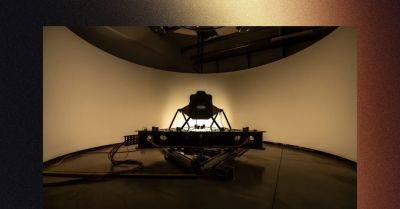Nick Bostrom Made the World Fear AI. Now He Asks: What if It Fixes Everything?
Philosopher Nick Bostrom is surprisingly cheerful for someone who has spent so much time worrying about ways that humanity might destroy itself. In photographs he often looks deadly serious, perhaps appropriately haunted by the existential dangers roaming around his brain. When we talk over Zoom, he looks relaxed and is smiling.
Sign Up TodayThis is an edition of WIRED's Fast Forward newsletter, a weekly dispatch from the future by Will Knight, exploring AI advances and other technology set to change our lives.Bostrom has made it his life’s work to ponder far-off technological advancement and existential risks to humanity. With the publication of his last book, Superintelligence: Paths, Dangers, Strategies, in 2014, Bostrom drew public attention to what was then a fringe idea—that AI would advance to a point where it might turn against and delete humanity.
To many in and outside of AI research the idea seemed fanciful, but influential figures including Elon Musk cited Bostrom’s writing. The book set a strand of apocalyptic worry about AI smoldering that recently flared up following the arrival of ChatGPT. Concern about AI risk is not just mainstream but also a theme within government AI policy circles.
Bostrom’s new book takes a very different tack. Rather than play the doomy hits, Deep Utopia: Life and Meaning in a Solved World, considers a future in which humanity has successfully developed superintelligent machines but averted disaster. All disease has been ended and humans can live indefinitely in infinite abundance. Bostrom’s book examines what meaning there would be in life inside a techno-utopia, and asks if it might be rather hollow. He spoke with WIRED over Zoom, in a conversation that has been lightly edited for length and clarity.
Will Knight: Why switch from writing about superintelligent AI threatening humanity to considering a future in which it’s used to do good?
Nick Bostrom: The various things that could go wrong with the development of AI are now receiving a lot more attention. It's a big shift in the last 10 years. Now all the leading frontier AI labs have research groups trying to develop scalable alignment methods. And in the last couple of







